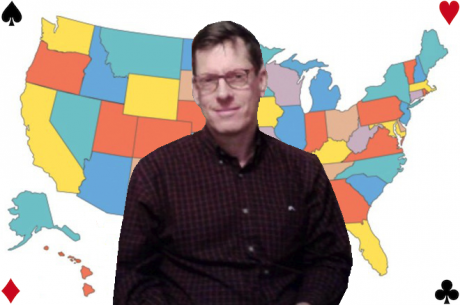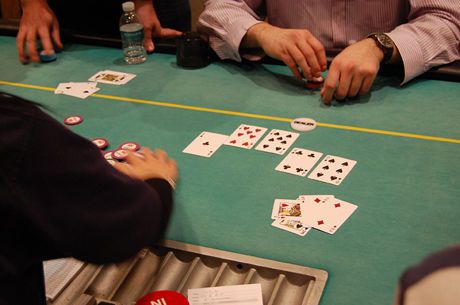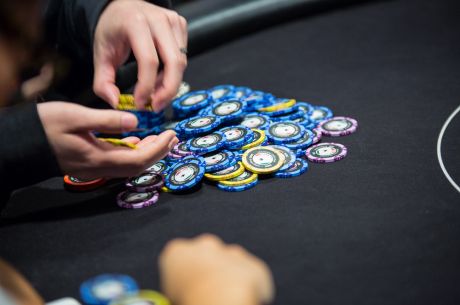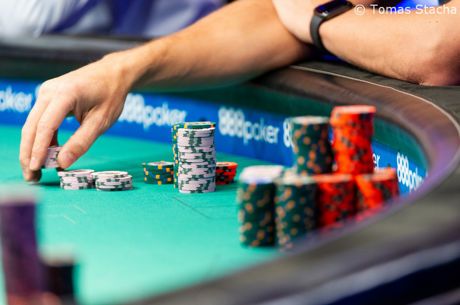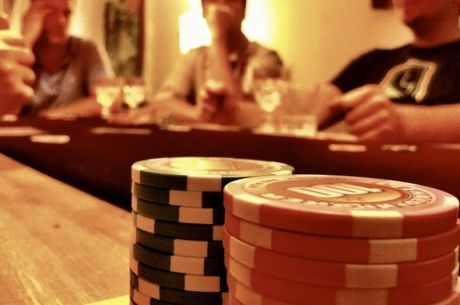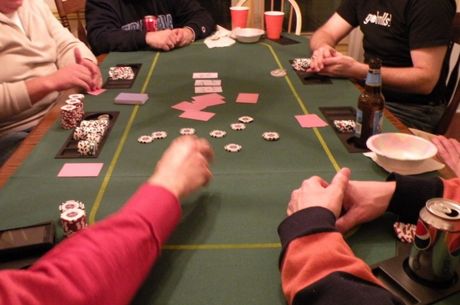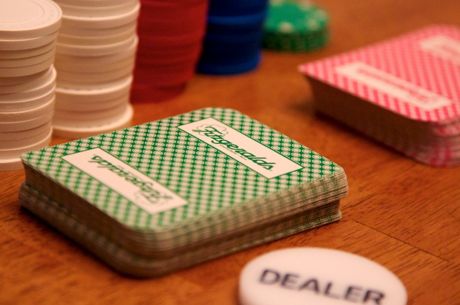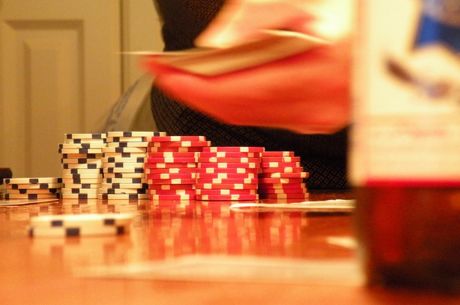Home Game Heroes: Upending Conventional Poker Wisdom -- Set an End Time and Stick To It?

This is the third article in a series looking at home games ��rules of thumb�� that I am suggested should be violated. Last time we looked at reasons not to follow the adage ��don��t play with strangers.�� This time we��ll deal with our second rule of thumb that is better practiced in the breach �� the old chestnut ��set an end time for your game and stick to it.��
Certainly there are reasons to follow this time-honored adage. Home games that don��t have a definitive end time may prompt losers to urge a longer sessions, while winners may want to go home with their profit intact. This may cause arguments, and arguments may turn an otherwise fun experience into a stressful one.
But I would argue that much of the time �� most of the time in fact �� it is in the interest of the winning player to allow the losers an opportunity to win their money back.
Consider this. Why are the losers losing? Is it just the vagaries of chance? If so, then time is bound to help them as their short-term bad luck is eventually replaced with some good luck. That��s what the losers want to believe �� that their losses are temporary and bound to be reversed, if only they can stay long enough. A fixed end time deprives them of this opportunity to reverse bad fortune.
Similarly, if you��re winning, having a set ending time allows you to lock in your win, much as a winning gambler demonstrates self-control by leaving the casino when he is up and cheating the odds that favor the casino in the long run.
But this is where poker is so much different and thereby better than the other casino games. In the other casino games (with a few narrow exceptions that we will ignore here), the house always has an edge. The only way a gambler wins is in the short run. Over time he will surely lose, as the odds against him are immutable and will surely be borne out eventually.
But in poker that��s not the case. In poker, the better player will win the money from the poorer player. Though there will be bursts of good and bad luck, and though bad players can surely win money in the short term, over time the better player will end up with the money.
With that in mind, why end a game when the loser, the guy who probably is the inferior player, wants to continue to play? Why not give him a chance to lose even more money?
True, he might go on a winning streak. He may even win back what he��s lost and you might end up losing. But that would be like a casino shutting down the roulette wheel after only four hours because they don��t want the loser to get back to even. Over time there��s no way that will happen. The casino wants the tables going 24/7. They want both the losers and the temporary winners to stay at the table so the house edge will have a chance to grind down all of the bankrolls for as long as they exist.
So, too, should you the winning player (I am assuming you are winning) be eager to have a game that goes on as long as people who are inferior players want to continue to risk their bankroll. Let the winners leave if they want. (You��re better off without them competing for the money of the losing players, anyway.)
On average, the longer the losers stay, the more they��ll lose. If they��ve lost $400 and are begging to play on so they can win back their money, give them this chance, knowing that it is more likely that they��ll lose whatever they have left.
I don��t want to be too facile about this. There are certainly reasons to limit a game��s ending time. You may want to go to sleep. You may live with people who want to go to sleep. You may have rented a room that has to be vacated by a certain time.
But from a purely strategic point of view, it is in the interest of the good player to allow losers to win their argument to keep the game going.
Ashley Adams has been playing poker for 50 years and writing about it since 2000. He is the author of hundreds of articles and two books, Winning 7-Card Stud (Kensington 2003) and Winning No-Limit Hold��em (Lighthouse 2012). He is also the host of poker radio show House of Cards. See www.houseofcardsradio.com for broadcast times, stations, and podcasts.
Want to stay atop all the latest in the poker world? If so, make sure to get PokerNews updates on your social media outlets. Follow us on Twitter and find us on both Facebook and Google+!
In this Series
- 1 Home Game Heroes: Upending Conventional Poker Wisdom About Home Games
- 2 Home Game Heroes: Upending Conventional Poker Wisdom -- Don��t Play With Strangers?
- 3 Home Game Heroes: Upending Conventional Poker Wisdom -- Set an End Time and Stick To It?
- 4 Home Game Heroes: Upending Conventional Poker Wisdom -- Never Play With Scared Money?
- 5 Home Game Heroes: Upending Conventional Poker Wisdom -- Avoid Wild Card Games?

